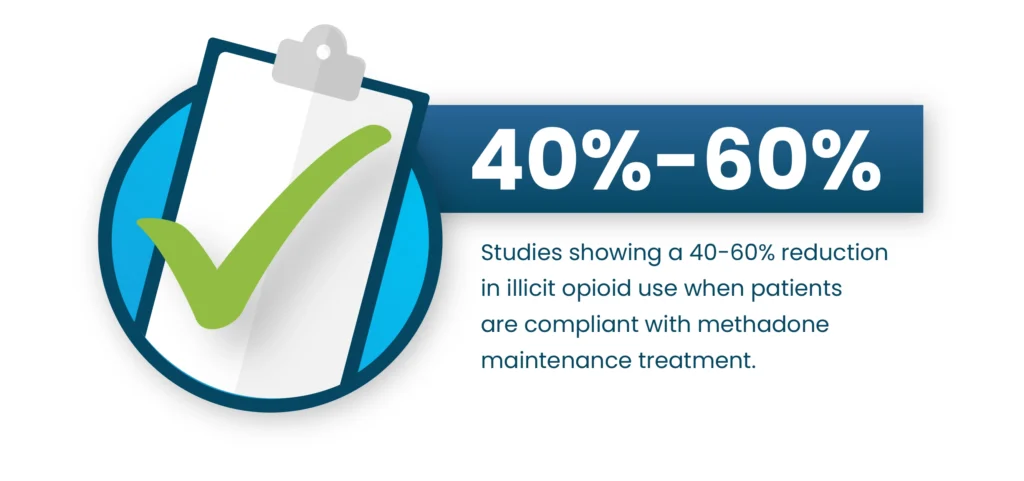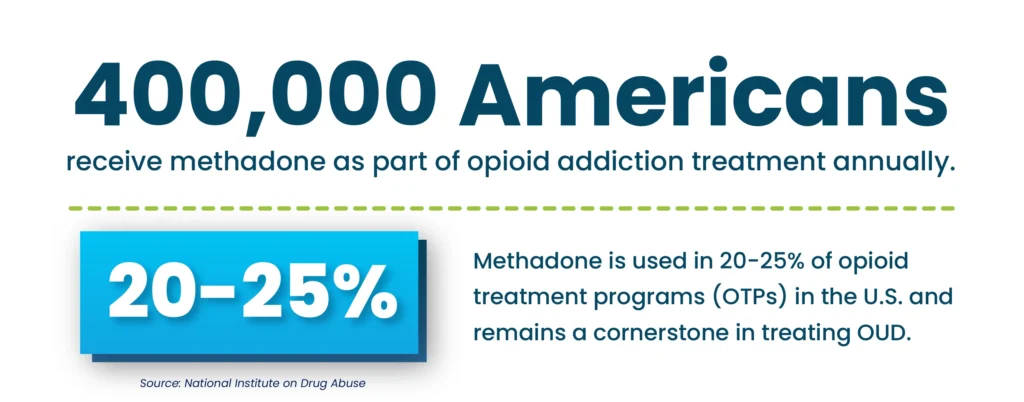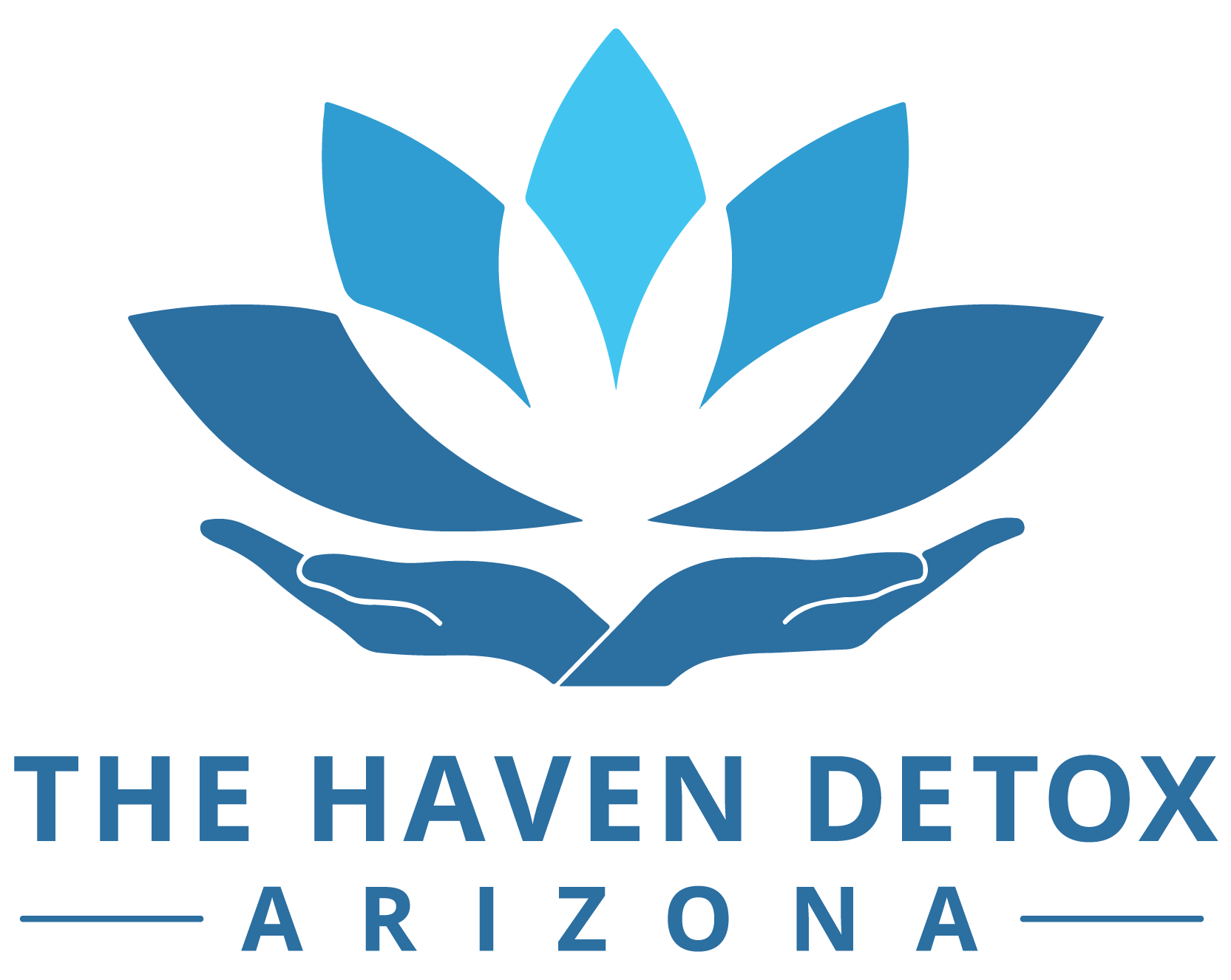Methadone Addiction Treatment
Methadone addiction treatment is essential for those struggling with dependency on this powerful opioid. Methadone misuse can lead to serious health risks, making professional support vital for safe recovery. In this blog, we’ll discuss effective treatment options for overcoming methadone addiction.
From recognizing addiction signs to exploring detox and therapy approaches, understanding the entire treatment process is vital to lasting recovery. Discover how structured methadone addiction treatment can help individuals reclaim their lives and build a healthier future.
Key Takeaways
Methadone is used to treat opioid addiction, offering stability, but requires careful medical supervision. Here’s what you need to know:
- Methadone addiction shows physical and mental signs; recognizing them early helps in timely intervention.
- Effective treatment combines detox, medication-assisted therapy, and behavioral therapies to support lasting methadone recovery.
- Support systems, counseling, and community aid are vital in overcoming the challenges of methadone treatment.
The Haven Detox-Arizona offers comprehensive methadone addiction treatment. Contact us at (520) 525-1252 to get more details.

Overview Of Methadone Use
Methadone is a prescription medication used to treat opioid addiction, particularly for people recovering from heroin addiction or prescription painkiller dependence. It helps reduce cravings and withdrawal symptoms, allowing individuals to stabilize without the intense highs and lows associated with other opioids. This stability can improve quality of life and aid recovery.
Doctors often prescribe methadone as part of a medication-assisted treatment (MAT) plan. MAT combines methadone dose with counseling and support, giving individuals a structured path to overcome addiction. Methadone treatment must be carefully monitored to avoid misuse and ensure safe, effective recovery support.
Although methadone tablets are helpful for many, it carries risks and potential side effects, including drowsiness and, in rare cases, respiratory issues. Therefore, patients need to follow medical advice and attend regular check-ins. Used responsibly, methadone offers a proven path to lasting recovery from opioid abuse.
Identifying Methadone Addiction
Methadone, used for opioid use disorder or chronic pain, can lead to addiction when misused. Identifying methadone addiction requires recognizing both physical and psychological signs. Understanding these indicators is vital for seeking timely intervention and support to prevent health risks and severe complications.
Signs And Symptoms Of Methadone Addiction
Methadone addiction often shows up in various physical and mental changes. Recognizing these signs can help prevent severe outcomes and encourage treatment. Common symptoms are listed below.
- Runny Nose: Frequent runny nose could indicate methadone misuse effects.
- Increased Tolerance: Higher doses are needed to feel the same effects of methadone.
- Withdrawal Symptoms: Symptoms appear if methadone use is suddenly reduced.
- Mood Swings: Rapid mood changes can signal dependency.
- Neglect Of Responsibilities: Addiction may cause people to ignore daily duties.
- Sleep Issues: Insomnia or excessive sleep may accompany addiction.
Detecting these signs early can help prevent long-term health risks associated with methadone misuse.
Risks and Consequences of Methadone Misuse
Methadone misuse brings various health risks and can damage one’s overall well-being. Understanding these potential consequences is vital to encouraging safer use and reducing harm.
- Risk Of Overdose: High doses increase the significant risk of respiratory depression and overdose.
- Health Risks: Methadone misuse can cause blood pressure fluctuations and other issues.
- Dependency: Long-term use of methadone may lead to physical and psychological dependency.
- Severe Side Effects: Methadone can cause serious side effects with prolonged misuse.
- Impact On The Brain: Methadone affects the brain’s pain relief and pleasure centers.
Methadone misuse can lead to severe complications, emphasizing the need for responsible use and professional support.
Methadone Addiction Treatment Approaches
Methadone addiction treatment focuses on reducing drug cravings and withdrawal symptoms. Effective treatment plans involve medical supervision to ensure safety and consistency. Healthcare providers often use a combination of detox, medication-assisted treatment, and behavioral therapies to address severe pain and substance abuse issues in patients.
Detoxification From Methadone
Detoxification from methadone is the first step in recovery. Medical professionals carefully manage this process to minimize withdrawal symptoms and discomfort. During medical detox, patients are monitored to ensure their safety while gradually reducing their dose of methadone under medical supervision and support from healthcare providers.
Medication-Assisted Treatment (MAT)
Medication-assisted treatment (MAT) uses drugs like naloxone alongside counseling. This approach helps stabilize patients by decreasing cravings and preventing relapse. Treatment programs focus on long-term maintenance therapy, where patients receive a consistent dose of methadone to support their recovery and improve their quality of life.
Behavioral Therapies In Methadone Treatment
Behavioral therapies are essential in methadone treatment to manage addiction. In the United States, they’re part of a comprehensive treatment plan. These therapies help individuals change habits, gain control, and establish healthier routines, supporting long-term recovery in a structured treatment center.
Cognitive Behavioral Therapy (CBT)
Cognitive behavioral therapy (CBT) is an evidence-based treatment that helps identify harmful thought patterns. Healthcare professionals guide individuals in reshaping these patterns into positive actions. By practicing CBT regularly, individuals learn effective ways to manage addiction triggers and cravings.
Motivational Interviewing
Motivational Interviewing is a valuable approach that strengthens a person’s commitment to change. Health providers work closely with individuals, helping them build motivation and confidence. This therapy is essential in creating a personalized treatment plan and actively empowering individuals to pursue recovery.
Contingency Management
Contingency Management uses incentives to encourage positive actions, like staying drug-free. Research shows it can be effective when used with other therapies in methadone treatment. By rewarding small achievements, Contingency Management supports consistent progress, making it a beneficial part of recovery in the United States.
Support Systems And Recovery
Support systems are crucial for recovering from methadone addiction, helping each patient achieve a period of stability. Consistent compliance, along with safe use of the medication, enhances treatment options. Others, including family and community, play an important step in recovery.
Role Of Counseling And Support Groups
Counseling and support groups offer effective treatments for methadone addiction, helping clients understand the benefits of recovery. Group therapy provides a way for others to share information, fostering a research-based guide to recovery. This environment supports safe, consistent compliance with treatment.
Family And Community Support In Recovery
Family and community support are essential for recovery, creating a stable home environment, and reducing the potential for drug abuse. In order to help those with substance use disorder, these support systems guide individual patients and reinforce the following tips for safe, effective methadone use.

Challenges In Methadone Treatment
Methadone addiction treatment faces numerous challenges, beginning with stringent federal regulations that control drug administration. The Drug Enforcement Administration (DEA) and Department of Health and Human Services set strict guidelines, requiring clinics to monitor methadone use closely. This oversight, while intended to prevent misuse, often limits treatment access, particularly for individuals who lack transportation to reach a methadone maintenance treatment program regularly.
The length of treatment is another obstacle, as methadone maintenance often requires a long-term commitment to prevent relapse. Many patients need years of support, which can create a dependency on the program itself. Health insurance also poses challenges, as not all plans cover the total cost of methadone treatment, putting financial strain on patients who must attend regular sessions at approved clinics.
Finally, methadone treatment access is limited by the program’s structure and rigid regulations. Methadone clinics must adhere to specific rules, making it difficult for patients to receive timely care in crowded facilities. Improving access and flexibility in methadone maintenance treatment programs would help more people recover effectively and reduce obstacles created by current regulations.
Frequently Asked Questions (FAQs)
How long does it take to recover from methadone?
Recovering from methadone depends on the body’s reaction time and health factors. Methadone, used in the treatment of addiction, has a high potential for dependency, making recovery gradual. Depending on usage length and dosage, withdrawal can last several weeks to months.
Professionals often assess a patient’s complete health history to ensure effective recovery. This helps tailor treatment and manage symptoms safely. In contrast to shorter-acting opioids, methadone withdrawal requires a steady approach, gradually reducing dependency.
While some may recover faster, others need additional time to regain balance. A supportive environment and professional guidance are essential to restoring health during methadone recovery.
What are the signs of methadone addiction?
Methadone, used to manage pain or opioid addiction, can also lead to addiction if misused. Knowing the signs of methadone addiction helps in recognizing when someone may need help. Here are some of the common signs of methadone addiction:
- Increased tolerance: Needing higher doses to feel the same effects.
- Cravings: Constant desire to use methadone despite consequences.
- Neglecting responsibilities: Ignoring work, school, or personal obligations.
- Withdrawal symptoms: Experiencing nausea, sweating, or anxiety when not using.
- Isolation: Avoiding family and friends to hide methadone use.
- Mood swings: Rapid changes in mood due to dependence on the drug.
If you notice these signs in yourself or someone else, consider seeking recovery support.
What should I expect during methadone withdrawal?
During methadone withdrawal, you can expect physical and emotional symptoms. These often include muscle pain, nausea, sweating, anxiety, and difficulty sleeping. Symptoms typically begin 24-36 hours after the last dose and may last weeks, depending on factors like your dose and duration of use.
The initial days are usually the most challenging, but symptoms should slowly ease. Cravings, mood swings, and restlessness may persist, so having support is essential. A medically supervised withdrawal or a structured treatment program can help manage symptoms safely.
Strategies like staying hydrated, practicing relaxation, and gentle movement may also ease discomfort and support recovery progress.
Healing Starts Here: The Haven Detox-Arizona
If you or someone you know is struggling with methadone addiction, The Haven Detox-Arizona is here to guide you toward lasting recovery.
Our programs include medically supervised detox to safely manage withdrawal symptoms, followed by residential rehab for a structured, supportive environment. Our evidence-based therapies, such as cognitive behavioral therapy and motivational interviewing, address the root causes of addiction, helping you build a healthier, substance-free life.
Take the first step towards recovery—call us today at (520) 525-1252 for compassionate, professional support tailored to your needs.







